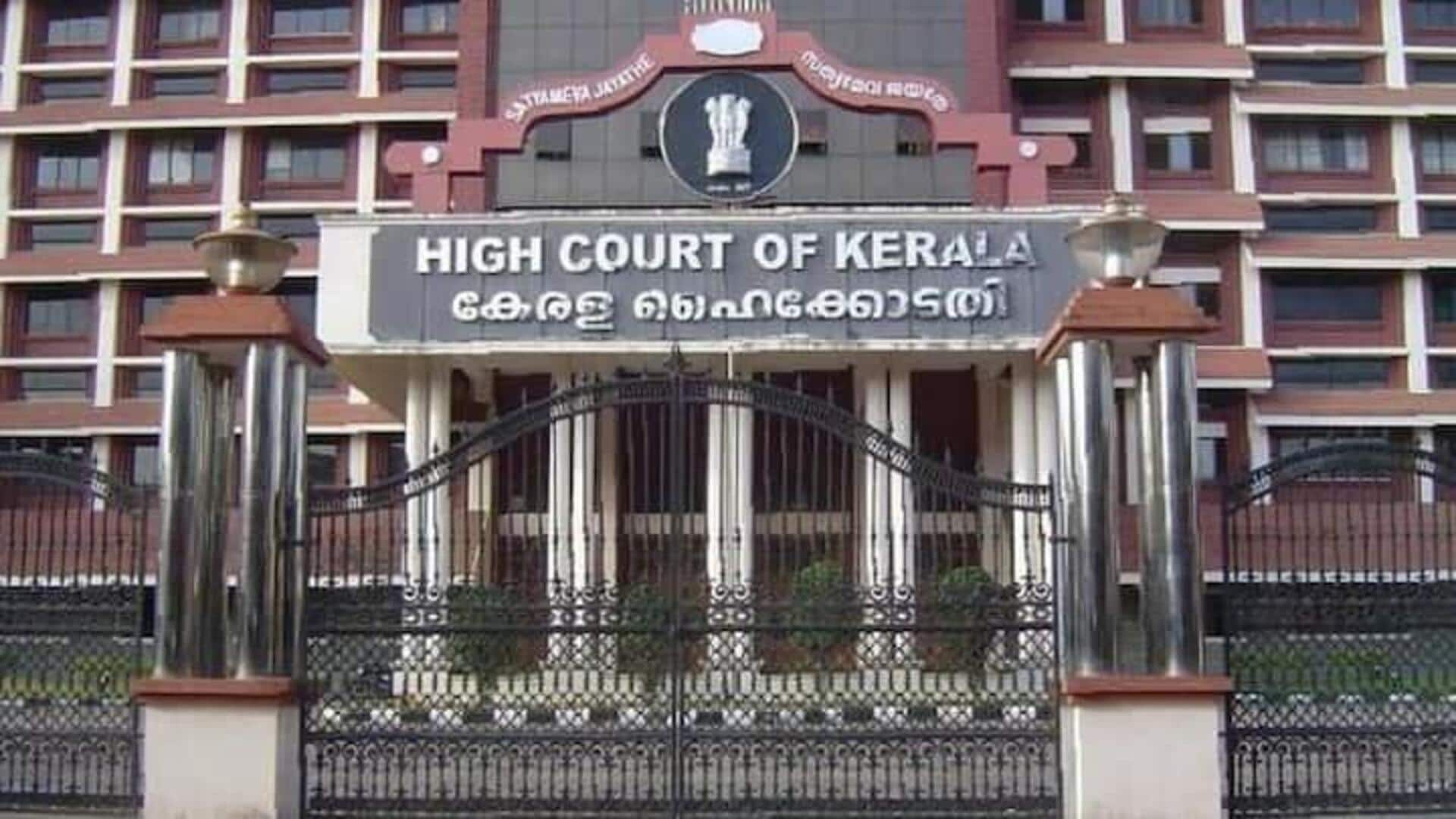
Kerala HC dismisses PIL challenging Hindi names of criminal laws
What's the story
The Kerala High Court has dismissed a public interest litigation (PIL) that challenged the Hindi names of three recently implemented criminal laws. The PIL was filed by advocate PV Jeevesh, who argued that using Hindi for these laws contradicts Article 348 of the Indian Constitution, which stipulates that all authoritative legal texts should be in English.
Law replacement
The 3 laws that replaced IPC, CrPC, and Evidence Act
The three laws in question are the Bharatiya Nyaya Sanhita (BNS), Bharatiya Nagarik Suraksha Sanhita (BNSS), and Bharatiya Sakshya Adhiniyam (BSA). These new regulations have replaced the Indian Penal Code, Code of Criminal Procedure, and Indian Evidence Act respectively. They were officially implemented on July 1. Jeevesh's PIL argued that using Hindi names for these laws could potentially cause confusion among lawyers and citizens in non-Hindi speaking regions.
Legal debate
Jeevesh's argument and the Centre's counter
Jeevesh further argued that using Hindi for these laws could infringe on the fundamental rights of lawyers and citizens under Article 19(1)(g) of the Constitution, which guarantees the right to practice any profession. He also claimed that such a move amounts to linguistic imperialism, infringing upon India's linguistic diversity. The Centre had earlier countered the same argument by stating that while the laws are named in Hindi, these enactments are written in English, including their script and content.
Verdict
Court's authority and final decision
To prove its point, it cited examples of other laws with Hindi names, such as the Lokpal Bill, the Prasar Bharati Act, etc. The court had deliberated on its authority to direct the Parliament to rename these laws in English last month. It acknowledged the potential confusion caused by Hindi names but ultimately decided to dismiss Jeevesh's petition.